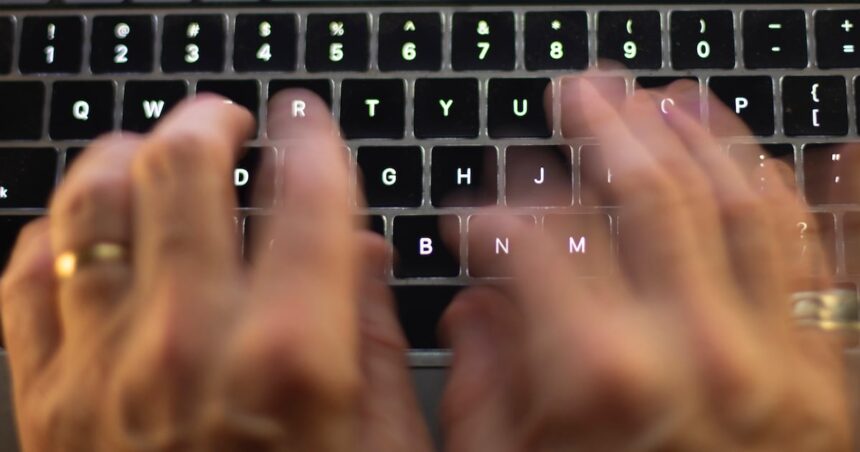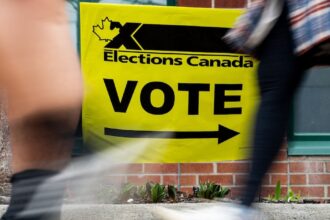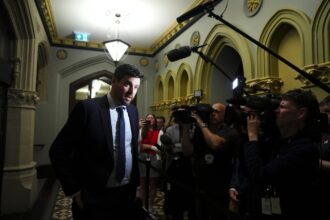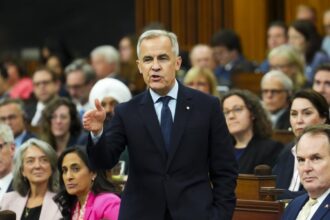In a bold collective action that signals mounting concerns across Quebec’s creative community, hundreds of artists gathered in Montreal yesterday to demand robust legal safeguards against artificial intelligence systems they claim are threatening their livelihoods and creative rights. The demonstration, which took place outside the provincial legislature, marks a significant escalation in what has become an increasingly contentious battle between human creativity and AI advancement.
“What we’re witnessing is nothing short of theft disguised as innovation,” said Marie Lafleur, a celebrated Quebec painter whose distinctive style has reportedly appeared in AI-generated images without her consent. “These systems are being trained on our life’s work without permission or compensation.”
The controversy centers on large language and image generation models that have been trained on vast datasets that include copyrighted artistic works. According to a report released by the Quebec Artists Coalition, approximately 70 percent of surveyed artists have discovered unauthorized AI replications of their distinctive styles or direct copies of their work appearing online.
Provincial lawmakers are now facing mounting pressure to introduce legislation that would explicitly protect artists’ intellectual property from being used as training data without explicit consent and compensation. The proposed “Creation Protection Act” would require AI companies to obtain licenses for any artistic works used to train their systems and establish clear attribution protocols.
“This isn’t about resisting technological progress,” explained Jean-Philippe Moreau, spokesperson for the Coalition of Quebec Musicians. “It’s about ensuring that progress doesn’t come at the expense of creators’ fundamental rights. We’re asking for fair recognition and compensation for our contributions to these systems.”
The economic implications are substantial. A recent economic analysis from the University of Montreal suggests that unchecked AI reproduction could result in a 30 percent reduction in commission opportunities for visual artists within five years if appropriate regulations aren’t implemented. Similar concerns have been raised across creative industries from music composition to screenwriting.
Quebec Culture Minister Samuel Bouchard acknowledged the legitimacy of artists’ concerns in a statement released following the demonstration. “We are committed to finding solutions that protect our vibrant creative ecosystem while allowing for responsible innovation,” Bouchard stated, announcing the formation of a special committee to explore regulatory options.
The controversy in Quebec mirrors similar debates unfolding across global creative communities, with the European Union and several U.S. states already advancing various regulatory frameworks to address AI-related copyright issues.
“What happens here in Quebec could establish an important precedent,” noted copyright attorney Isabelle Tremblay. “We’re essentially defining the relationship between human creativity and artificial intelligence for generations to come.”
As this debate intensifies, the fundamental question facing legislators and society remains unresolved: in an era where machines can increasingly mimic human artistic expression, how do we protect the economic and moral rights of those whose creativity made such technology possible in the first place?
















